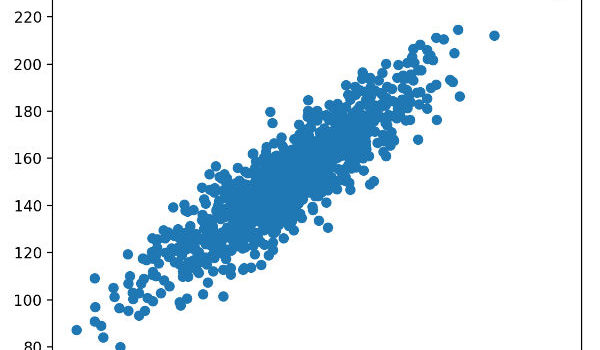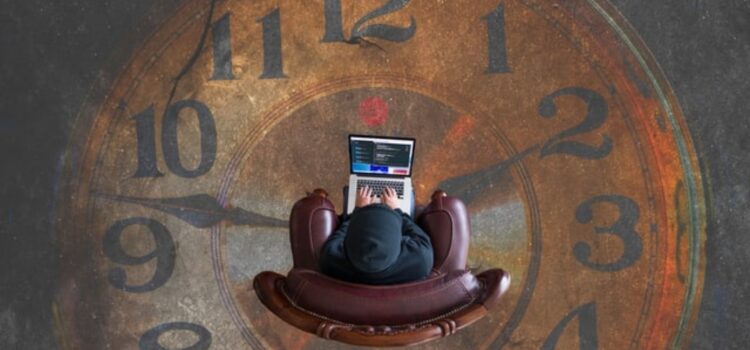Are you for or against empathy? Why would anyone ever be against it? Is there such a thing as too much empathy? In Against Empathy, Paul Bloom argues that we rely too heavily on our emotions—especially empathy—to guide our judgments, decisions, and behavior. He suggests that our empathic responses to other people can lead us away from the morally good and right course of action. Continue reading for an overview of this contrarian book.
Against Empathy by Paul Bloom: Book Overview & Takeaways










